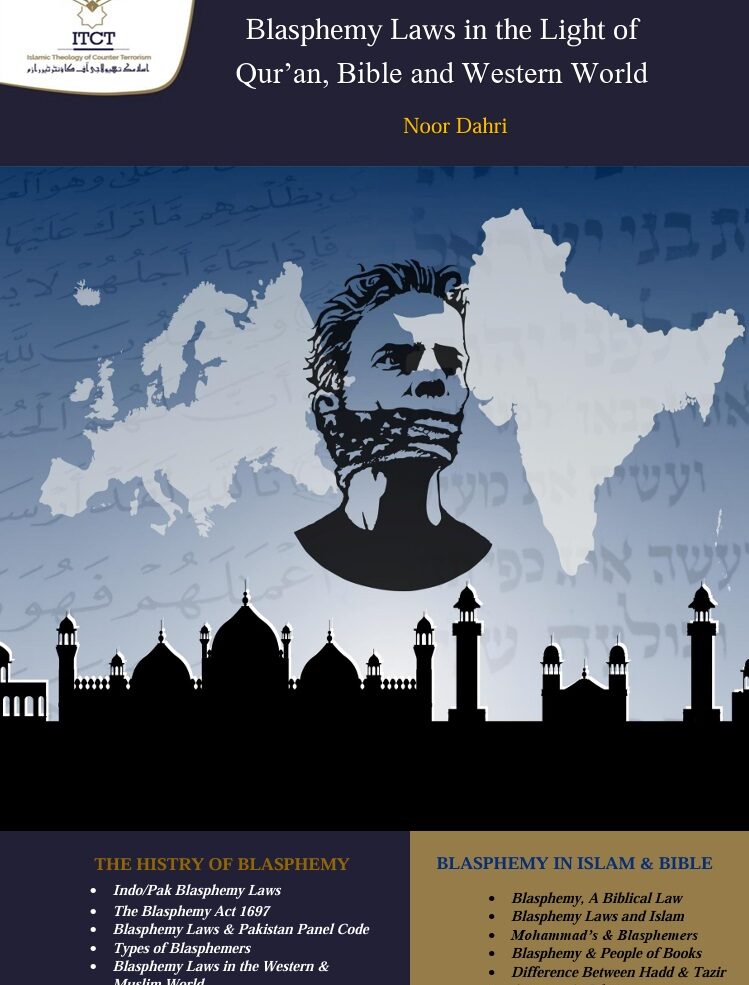Summary:
The history of blasphemy is long and complicated. The law was actually introduced by the British Empire in India and was supported by Muslims through the religious texts afterwards. If we look at the texts, one with great knowledge would see the Islamic arguments are weaker in support of the Blasphemy law. There is nothing in the Quran or the authentic teachings of the Prophet of Islam justifying the killing of people for opposing, criticising, humiliating or showing irreverence towards Islamic holy personages, religious artefacts, customs and beliefs.
The people of South Asia, especially in India and Pakistan, are still very confused how, where and for whom this law should be implemented. Some people apply this law over the people who leave Islam and accept another religion (apostasy); some apply it against those who insult the religion by their actions or words or even mock the Prophet of Islam (blasphemy).
Mr Noor Dahri is the Founder and Executive Director of ITCT. He has studied Forensics and Criminal Psychology from Oxford and studied Counter Terrorism from the University of Maryland – U.S.A as well as from the International Institute for Counter Terrorism ICT- ISRAEL. He’s the author of “The Hydra of Radicalization: The Scourge of Global Extremism”.








